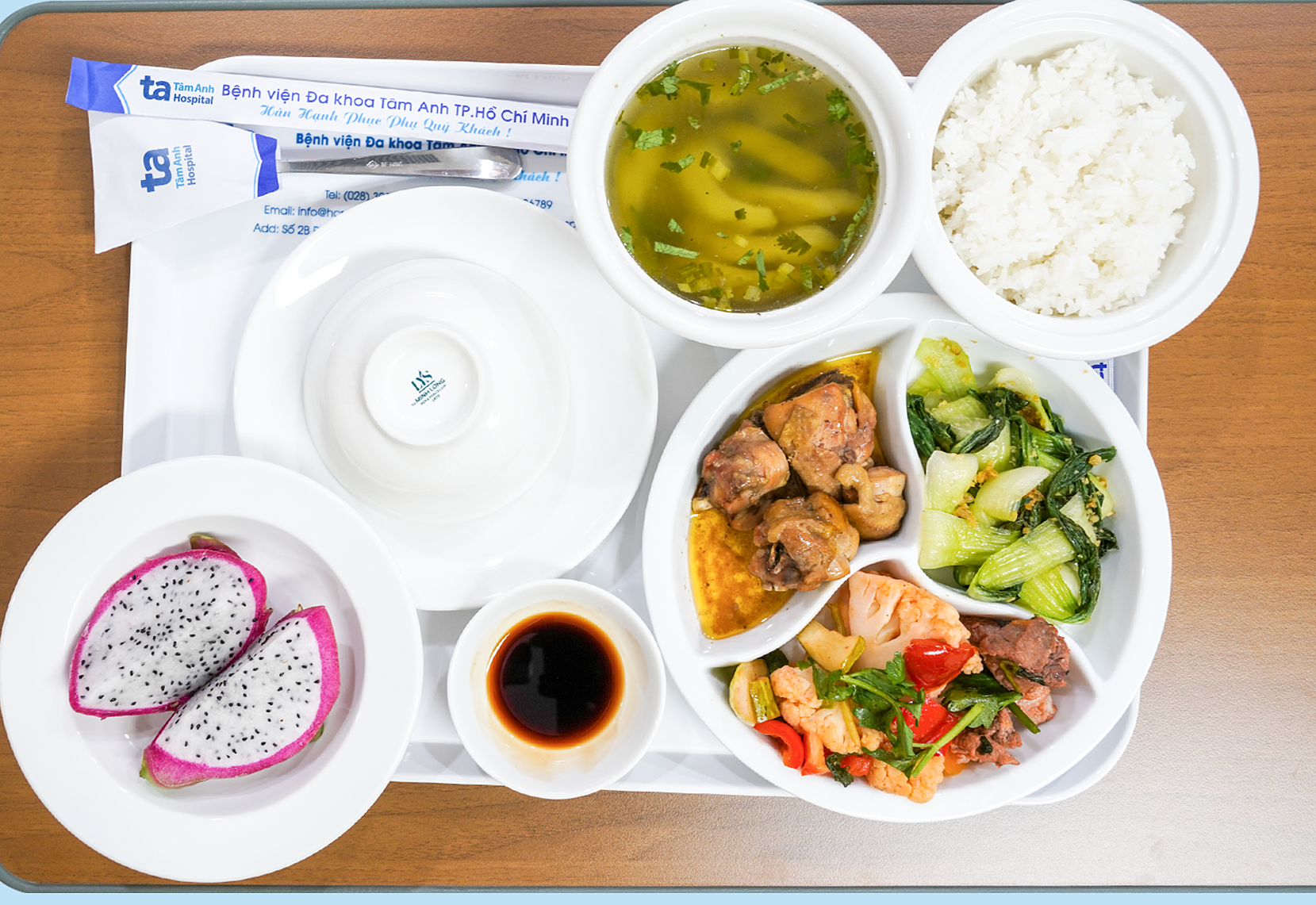Astigmatism, a common refractive error causing blurred or distorted vision due to light not focusing properly on the retina, affects many people. While corrective lenses or surgery are common treatments, a proper diet plays a vital role in protecting vision.
Doctor Tang Ngoc Anh, Deputy Head of the Ophthalmology Department at Tam Anh General Hospital's High-Tech Eye Center in Ho Chi Minh City, notes that consuming certain beneficial foods can improve overall eye health, strengthen the cornea, enhance focusing, and slow down vision decline.
Carotenoid-rich foods: Carotenoids, organic pigments giving yellow, orange, and red colors to foods, are abundant in spinach, kale, water spinach, yellow corn, egg yolks, and pumpkin. Concentrated in the macula, they filter blue light and act as potent antioxidants. Regular intake of carotenoid-rich foods helps maintain eye focusing ability and reduces eye strain.
Omega-3-rich foods: Salmon, mackerel, herring, flax seeds, chia seeds, and walnuts are excellent sources of omega-3s. People with astigmatism often experience eye strain and dryness due to frequent focusing. Omega-3s reduce inflammation, maintain tear film quality, and improve circulation in eye capillaries.
Vitamin A-rich foods: Vitamin A maintains a healthy corneal epithelium, the eye's primary refractive component. Vitamin A deficiency leads to dry eyes, blurred vision, and light sensitivity. Individuals with astigmatism can obtain vitamin A from animal liver, carrots, sweet potatoes, red bell peppers, and red watermelon.
 |
A healthy diet rich in green vegetables, meat, and fish provides numerous nutrients for the eyes. Photo: Tam Anh General Hospital |
A healthy diet rich in green vegetables, meat, and fish provides numerous nutrients for the eyes. Photo: Tam Anh General Hospital
Vitamin C-rich foods: Found in the eye's lens, vitamin C plays a crucial role in protecting the lens and retina from free radical damage. It also supports healthy eye blood vessels, reducing the risk of age-related macular degeneration. Oranges, tangerines, strawberries, kiwi, guava, and broccoli are all rich in vitamin C.
Zinc-rich foods: Zinc transports vitamin A to the retina, combats macular degeneration, and supports melanin production, a natural eye protector. Seafood (especially oysters), beef, whole grains, and pumpkin seeds provide natural sources of zinc, promoting eye health, particularly in individuals with astigmatism.
Doctor Ngoc Anh advises against skipping breakfast for those with astigmatism, as the eyes constantly consume energy. Skipping meals lowers blood sugar, leading to eye strain and dizziness. Limiting foods high in sugar and unhealthy fats is also recommended. Fried foods and carbonated soft drinks can cause chronic inflammation, affecting eye blood vessels. Drinking enough water maintains natural eye moisture, reducing the risk of corneal dryness.
In addition to proper nutrition, Doctor Ngoc Anh recommends reducing continuous screen time, looking at a distant object for 20 seconds every 20 minutes, wearing the correct prescription glasses, and getting regular eye exams to monitor refractive changes and adjust glasses accordingly.
Nguyen Minh
| Readers can submit questions about eye diseases here for doctors to answer. |












